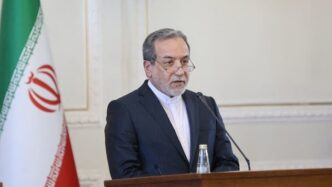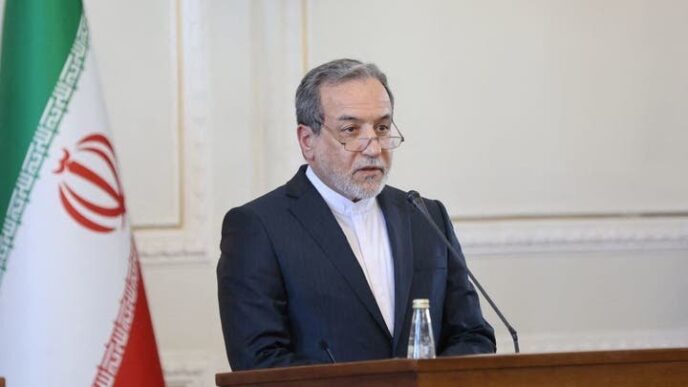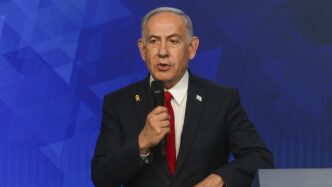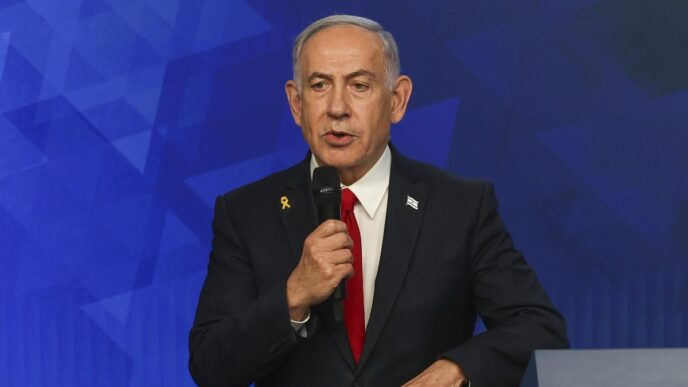In a surprising late-night declaration on Monday, June 23, U.S. President Donald Trump announced that both Israel and Iran had agreed to a temporary ceasefire, marking a potential end to the 12-day exchange of military attacks between the two nations.
Trump made the announcement just hours after Iran fired missiles at the U.S. Al Udeid air base in Qatar, retaliating against American airstrikes on Iranian nuclear sites over the weekend.
In a post on his social media platform, Trump wrote:
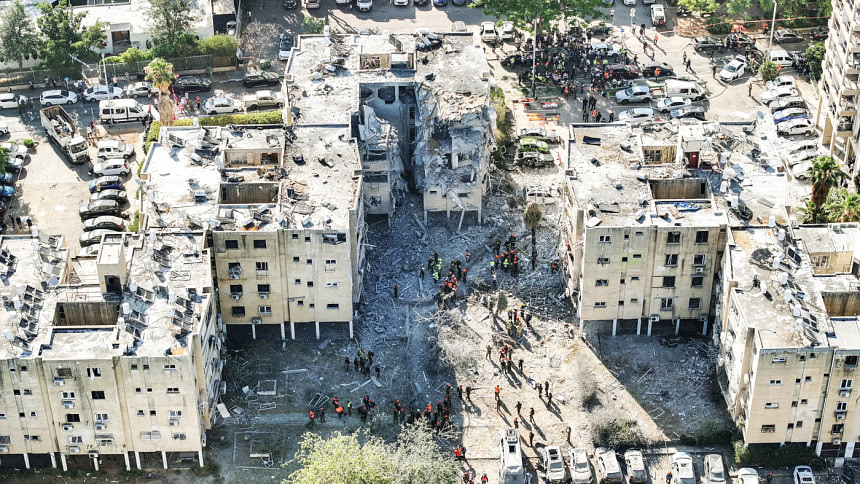
“Congratulations to everyone! It has been fully agreed by and between Israel and Iran that there will be a complete and total ceasefire… for 12 hours, at which point the War will be considered, ended!”
According to the U.S. president, Iran would begin the ceasefire, followed by Israel, with an official end to the war expected within 24 hours.
Read Also:Trump Sounds Alarm: Iran Just Weeks From Nuclear Weapon
Trump described the agreement as a diplomatic milestone, implying that international coordination helped bring the conflict to a pause.
Shortly after Trump’s post, Iran’s Foreign Minister, Seyed Abbas Araghchi, responded via X (formerly Twitter), denying that there was a formal agreement in place. He wrote:
“As of now, there is NO ‘agreement’ on any ceasefire or cessation of military operations. However, provided that the Israeli regime stops its illegal aggression… we have no intention to continue our response afterwards.”
In a follow-up post, Araghchi confirmed that Iran’s military operations had stopped by 4 a.m. Tehran time.
He praised the Iranian armed forces for their actions and reiterated that Iran would remain alert in case of further aggression.
“The military operations… continued until the very last minute, at 4 a.m. Together with all Iranians, I thank our brave Armed Forces.”
The ceasefire comes after nearly two weeks of escalating military action, triggered by Israeli strikes and followed by a U.S. operation that targeted underground Iranian nuclear facilities.
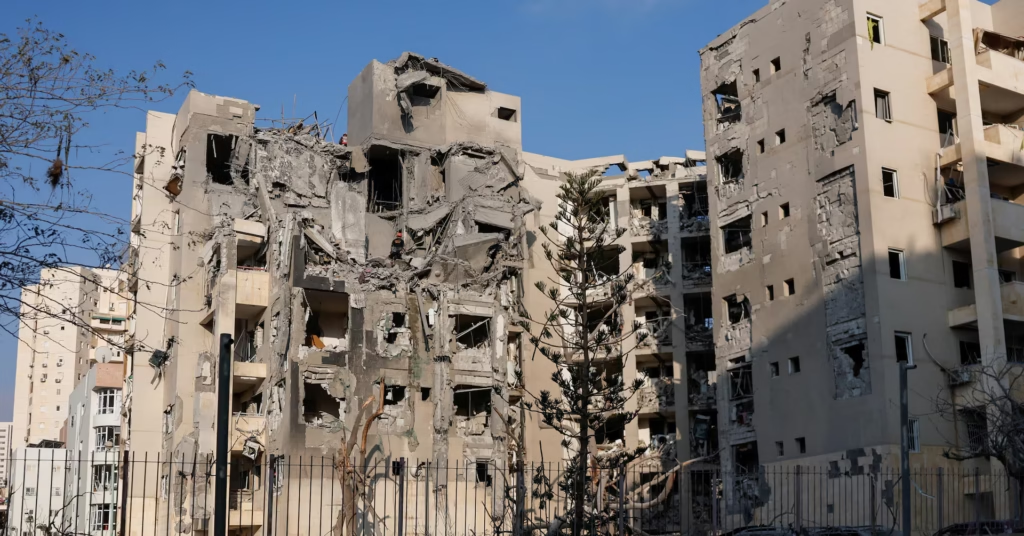
That move prompted Iran to retaliate by launching missiles at American bases in Qatar and Iraq.
Qatar, which hosts the Al Udeid air base, confirmed that its air defense systems successfully intercepted the attack.
The country reported no casualties but condemned Iran’s action as a violation of its sovereignty.
A spokesperson for the Qatari Ministry of Foreign Affairs said:
“We affirm that the State of Qatar reserves the right to respond directly… to this blatant aggression.”
Despite the declarations and the pause in attacks, uncertainty remains.
The absence of a signed agreement raises questions about how long the truce will last, especially with both sides holding different interpretations of the situation.


